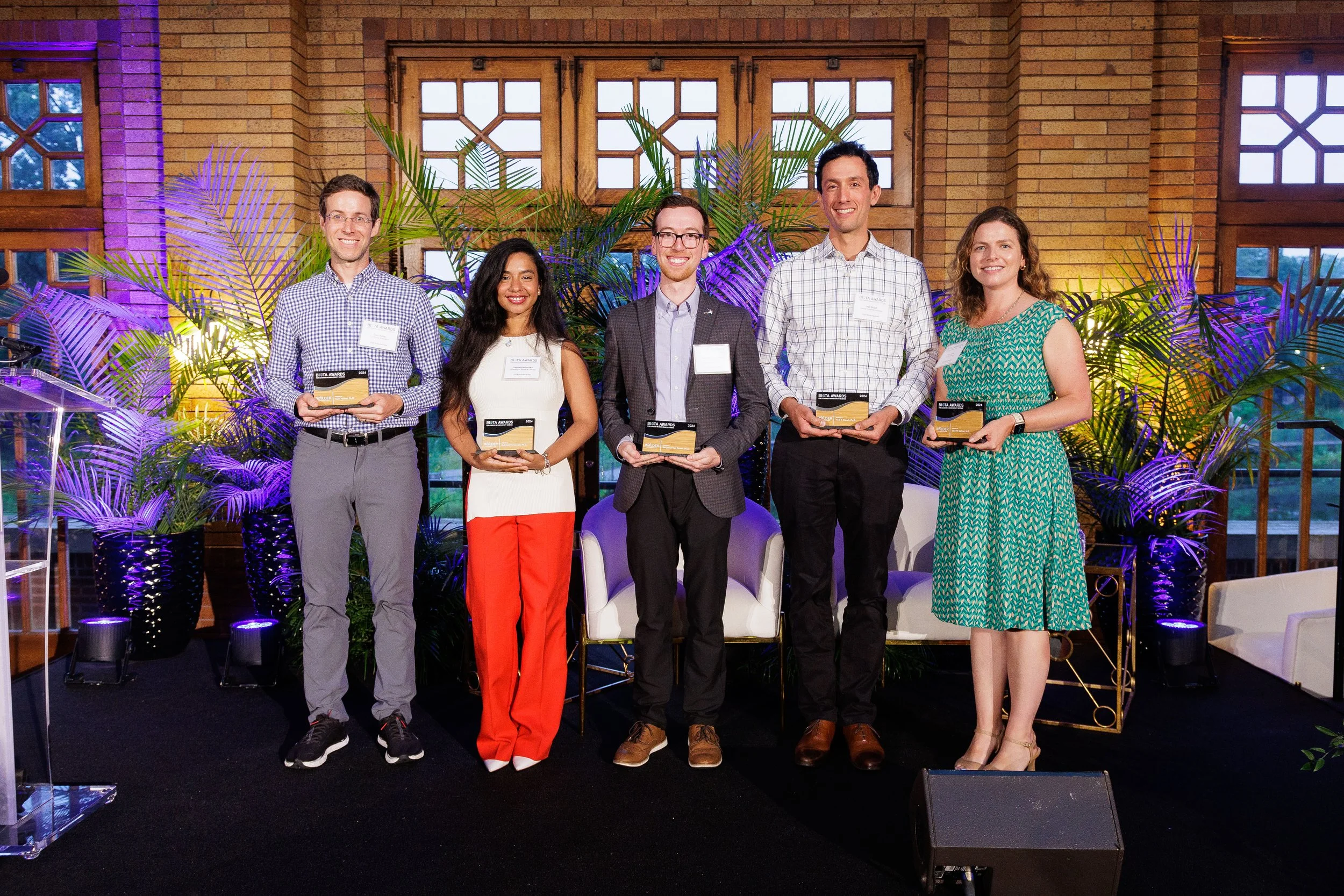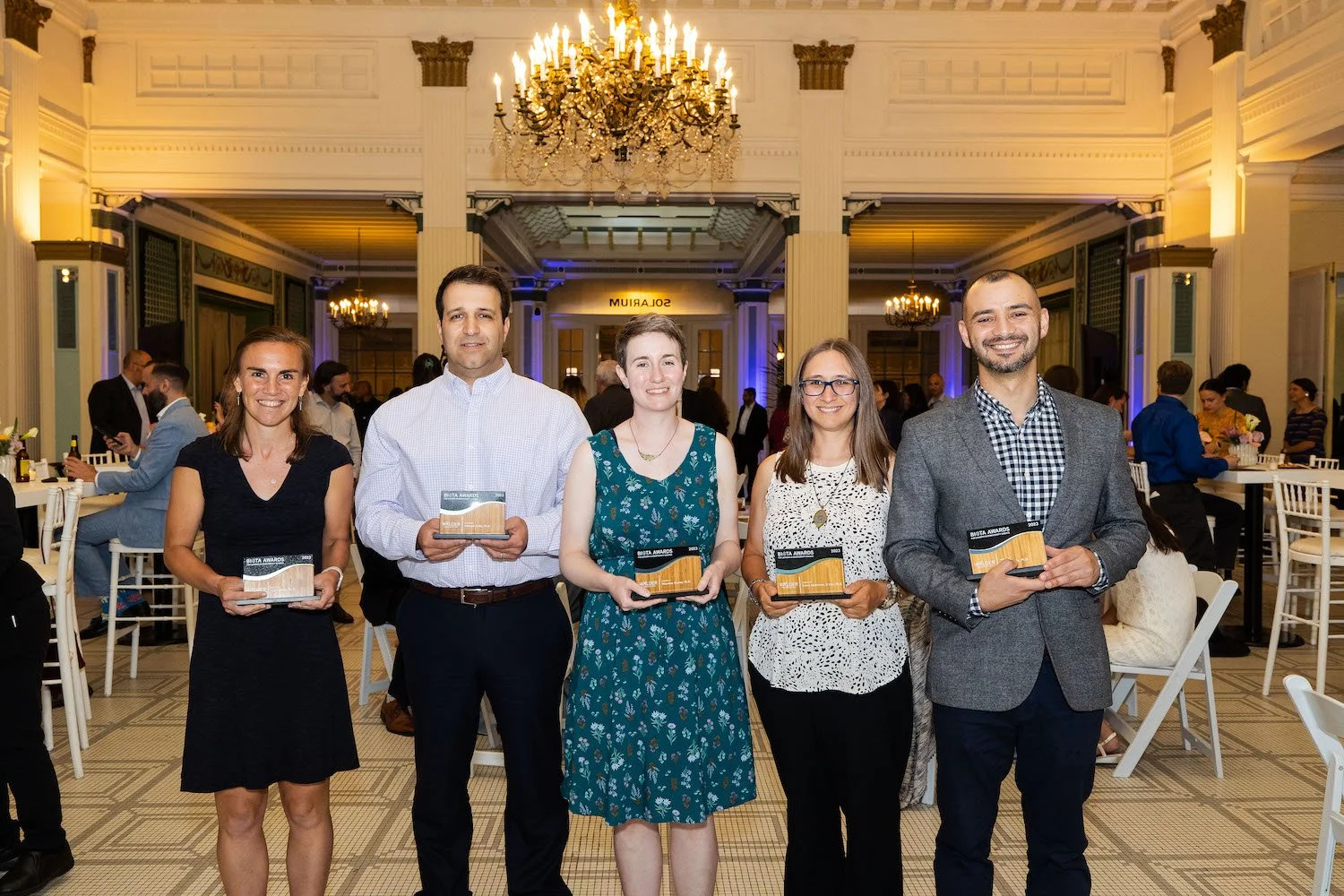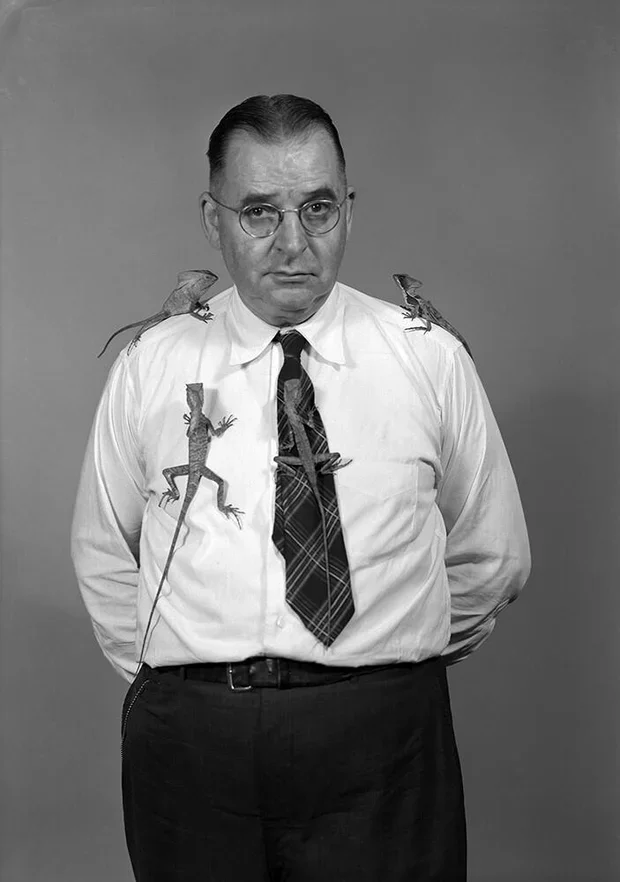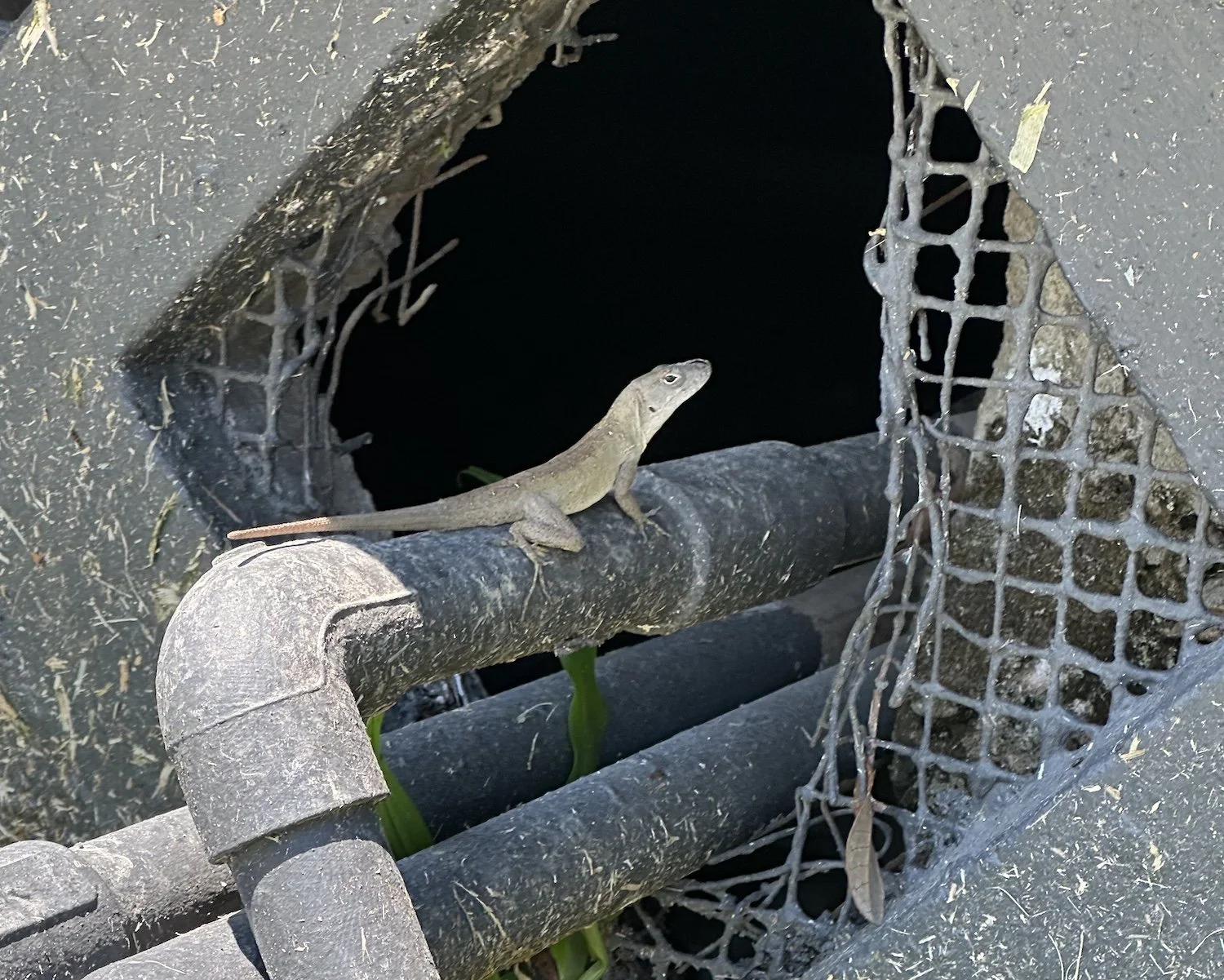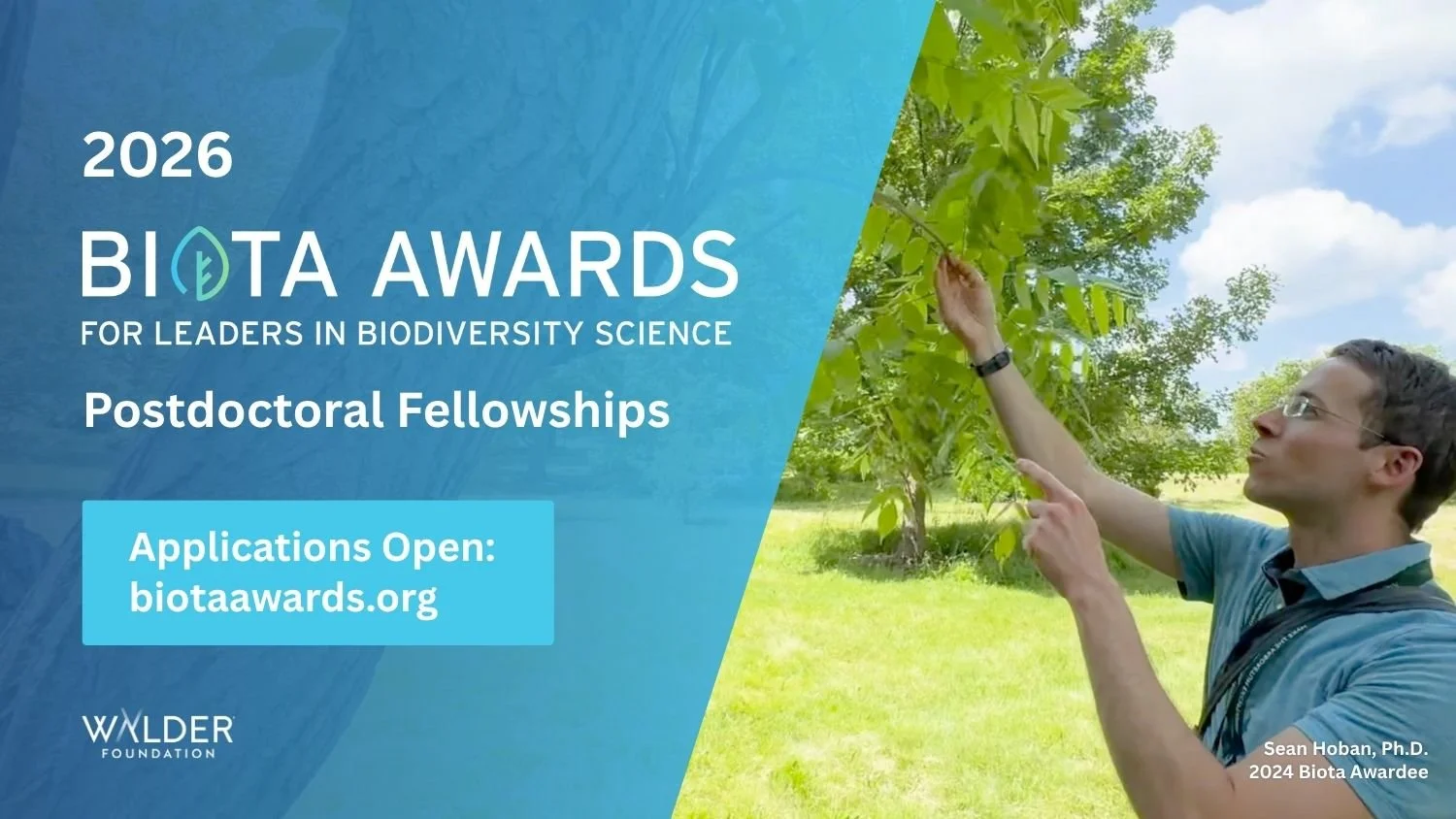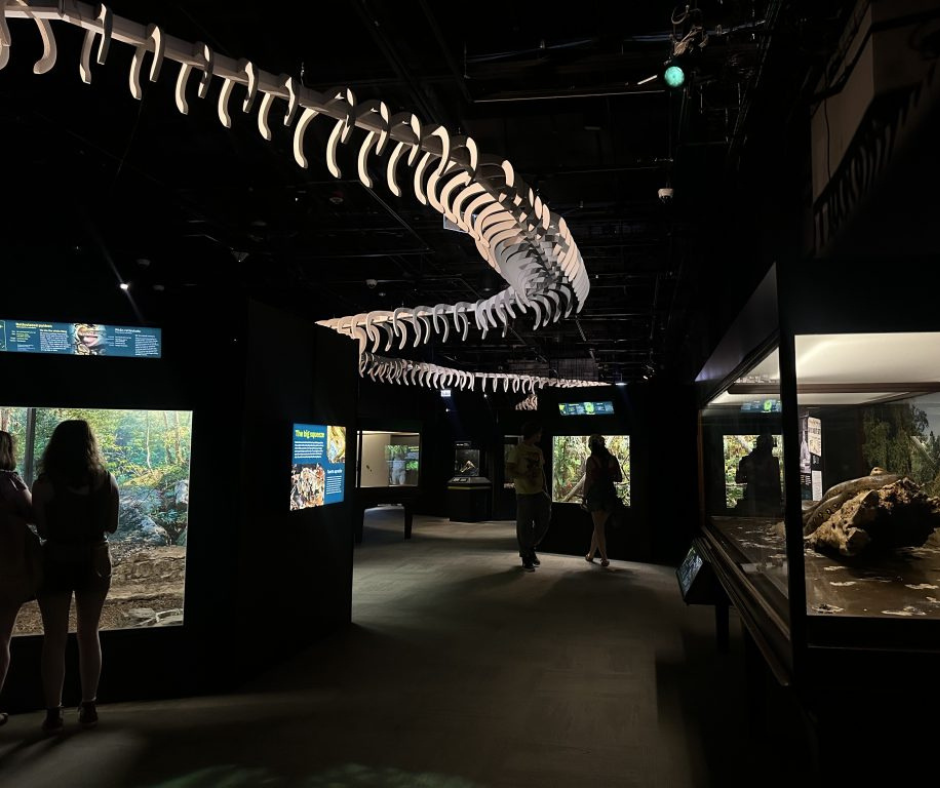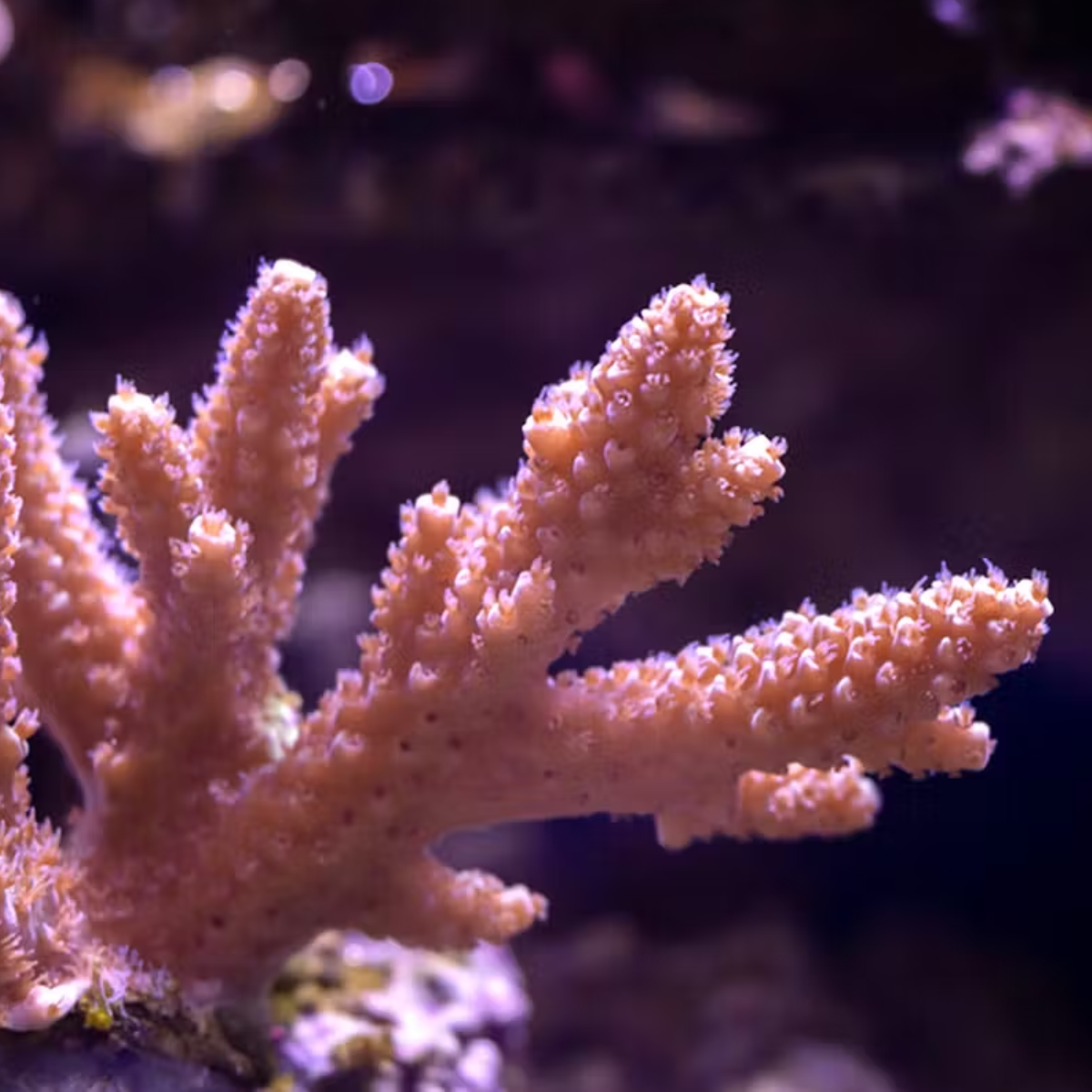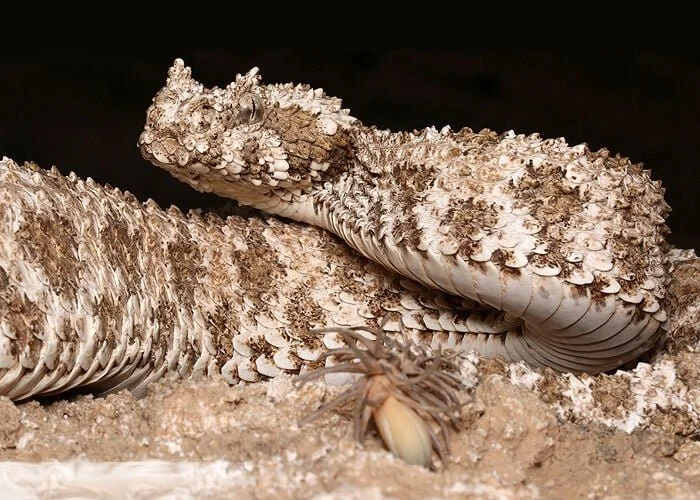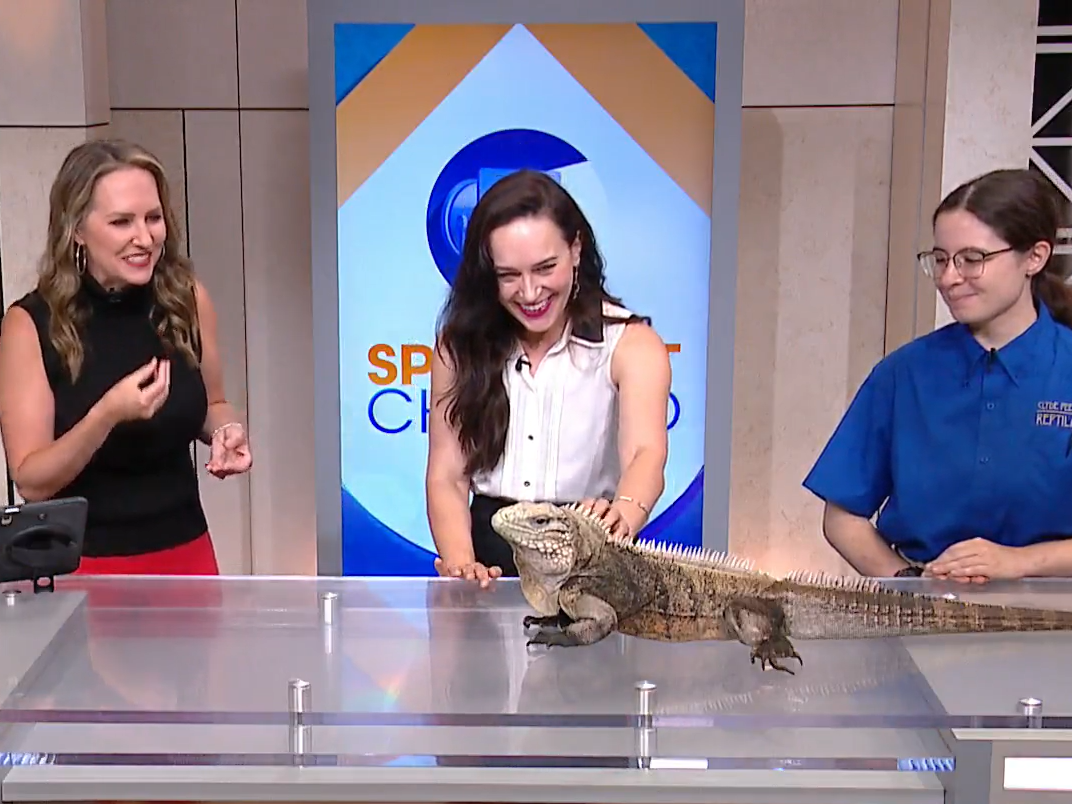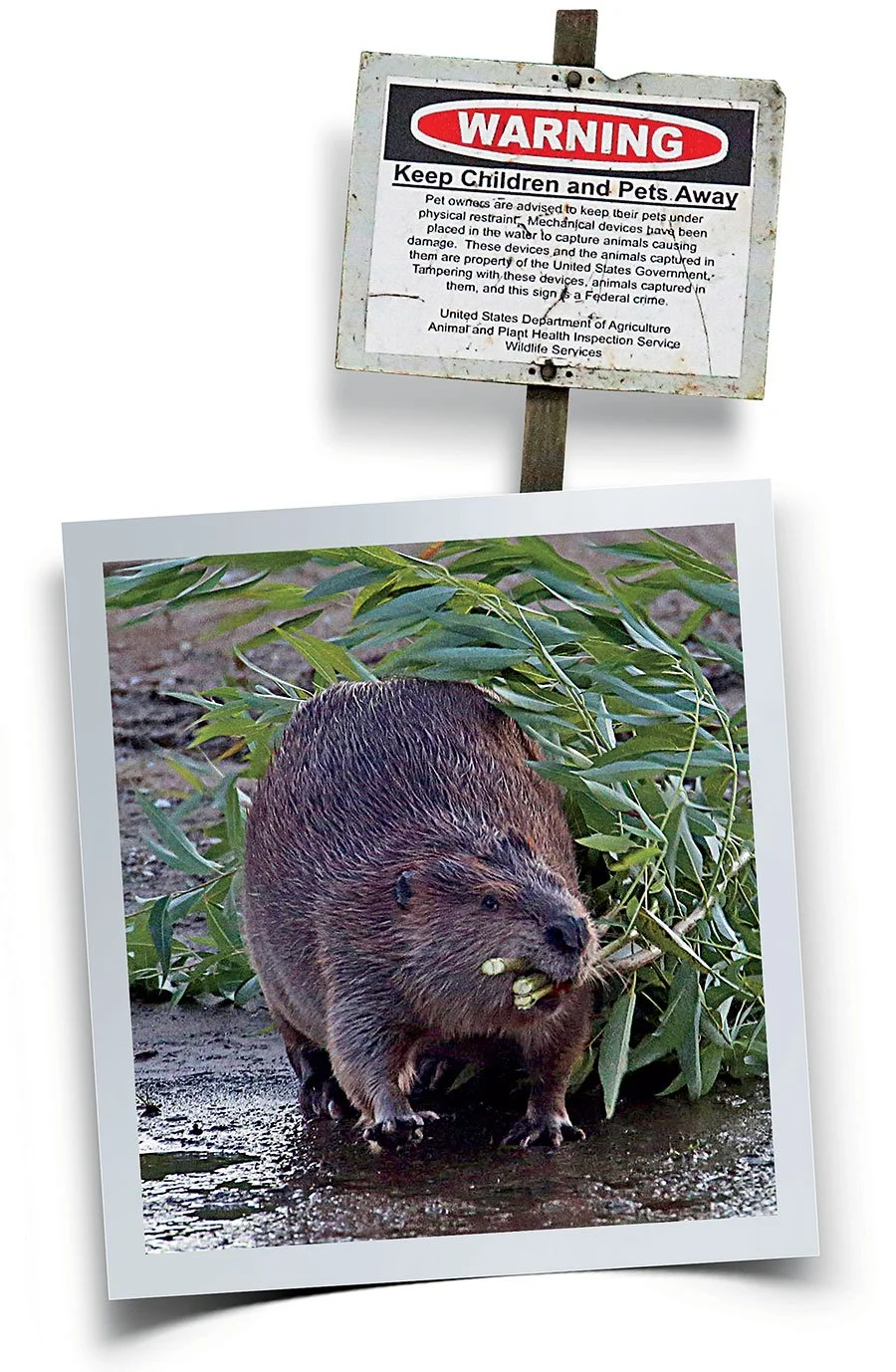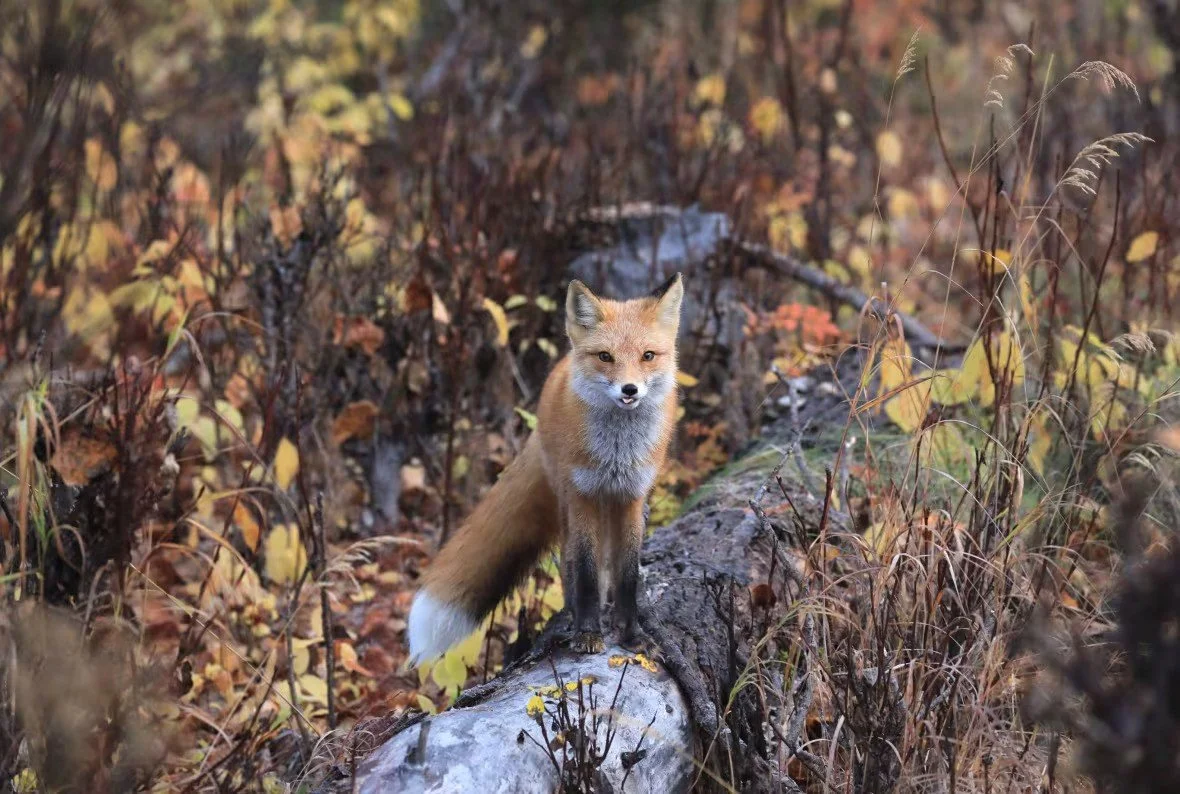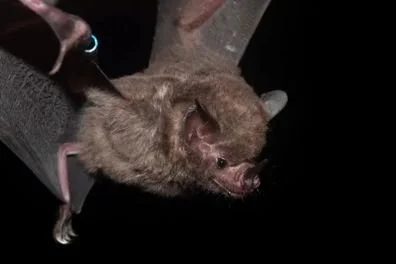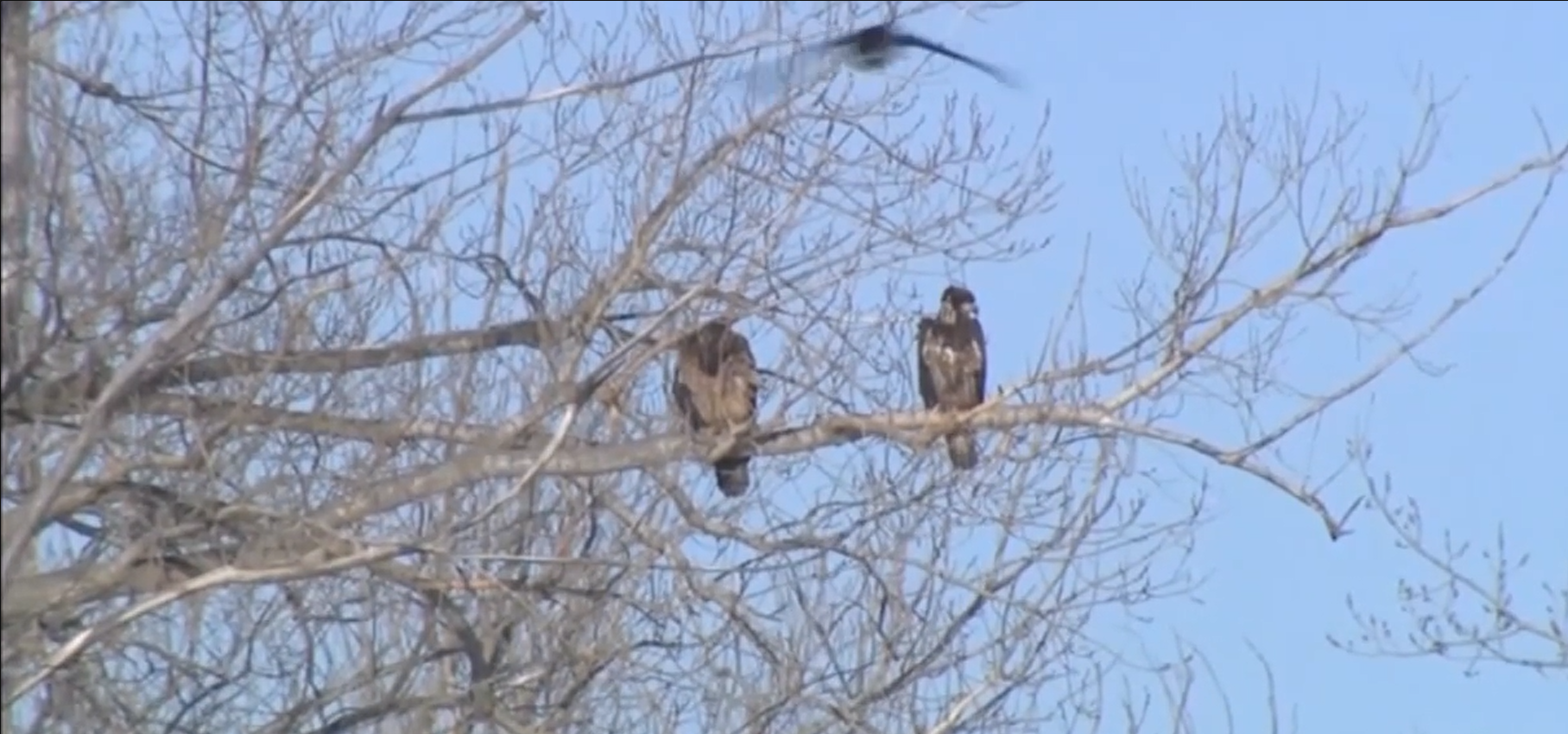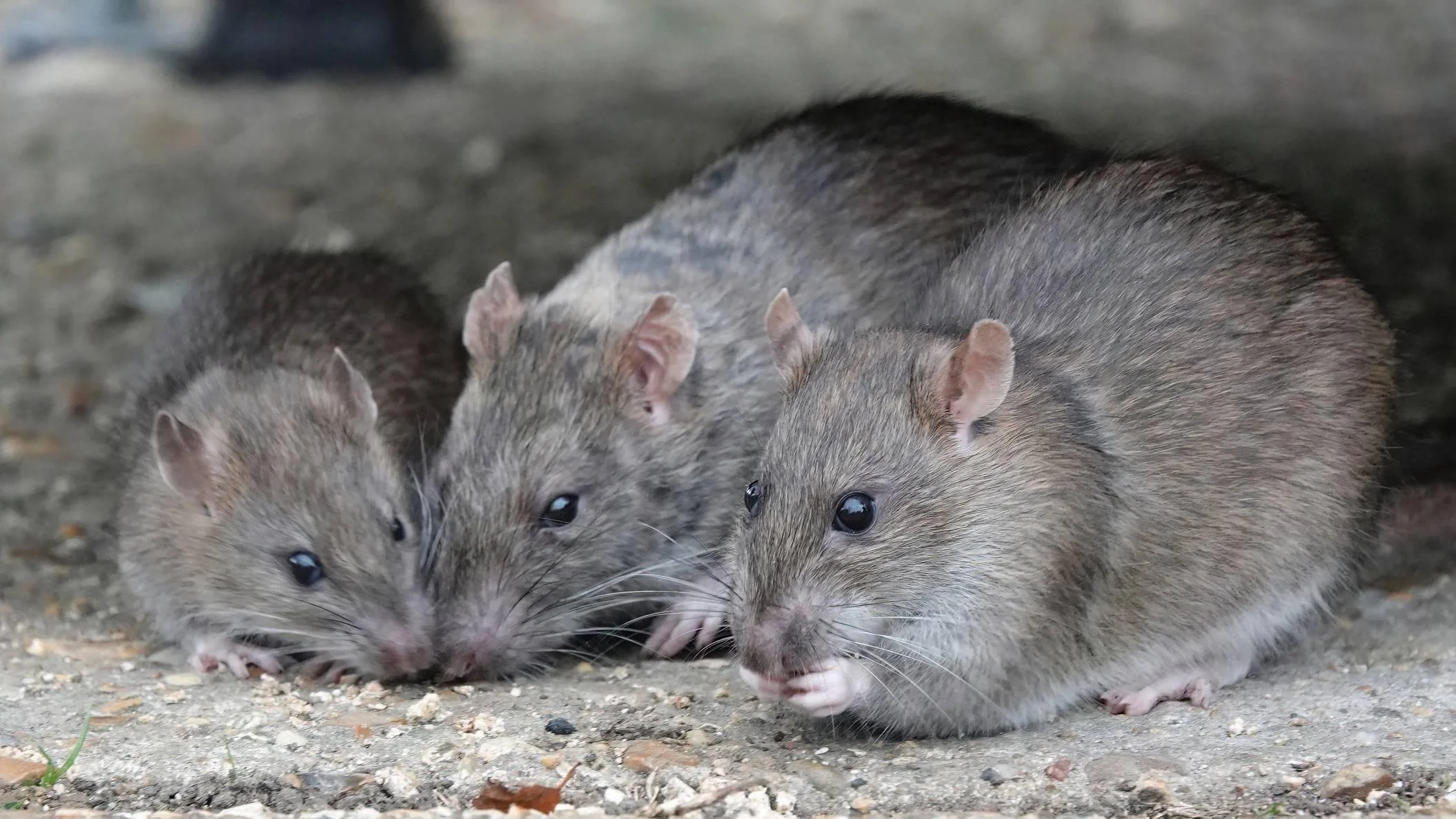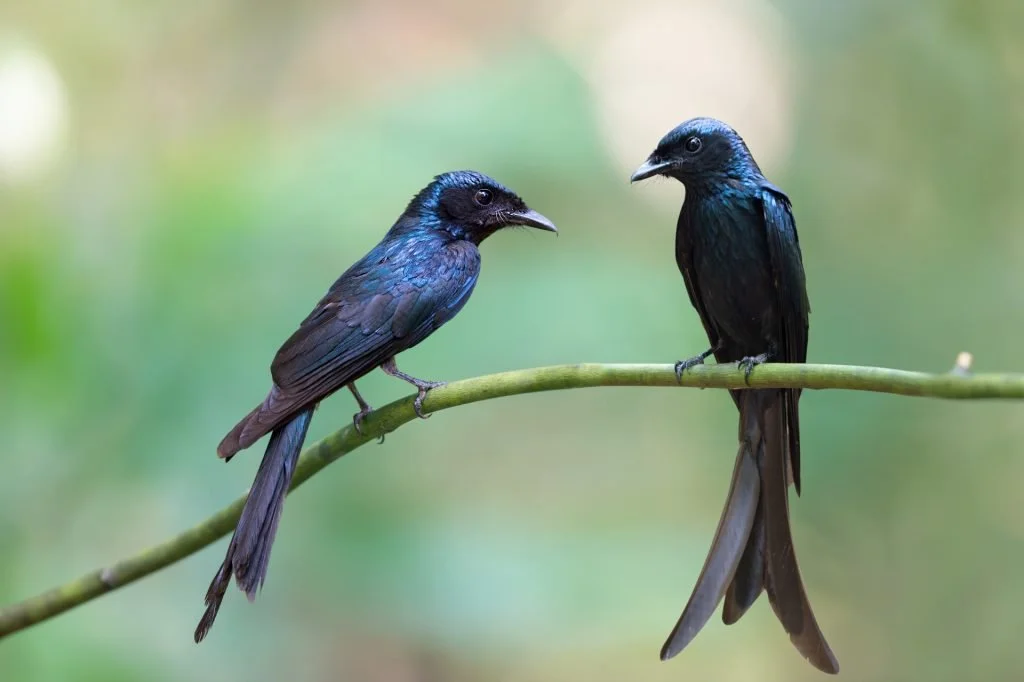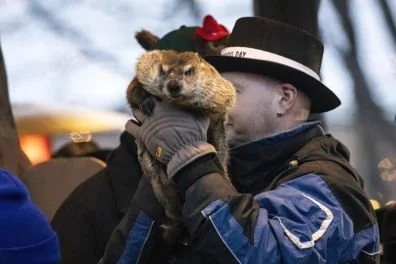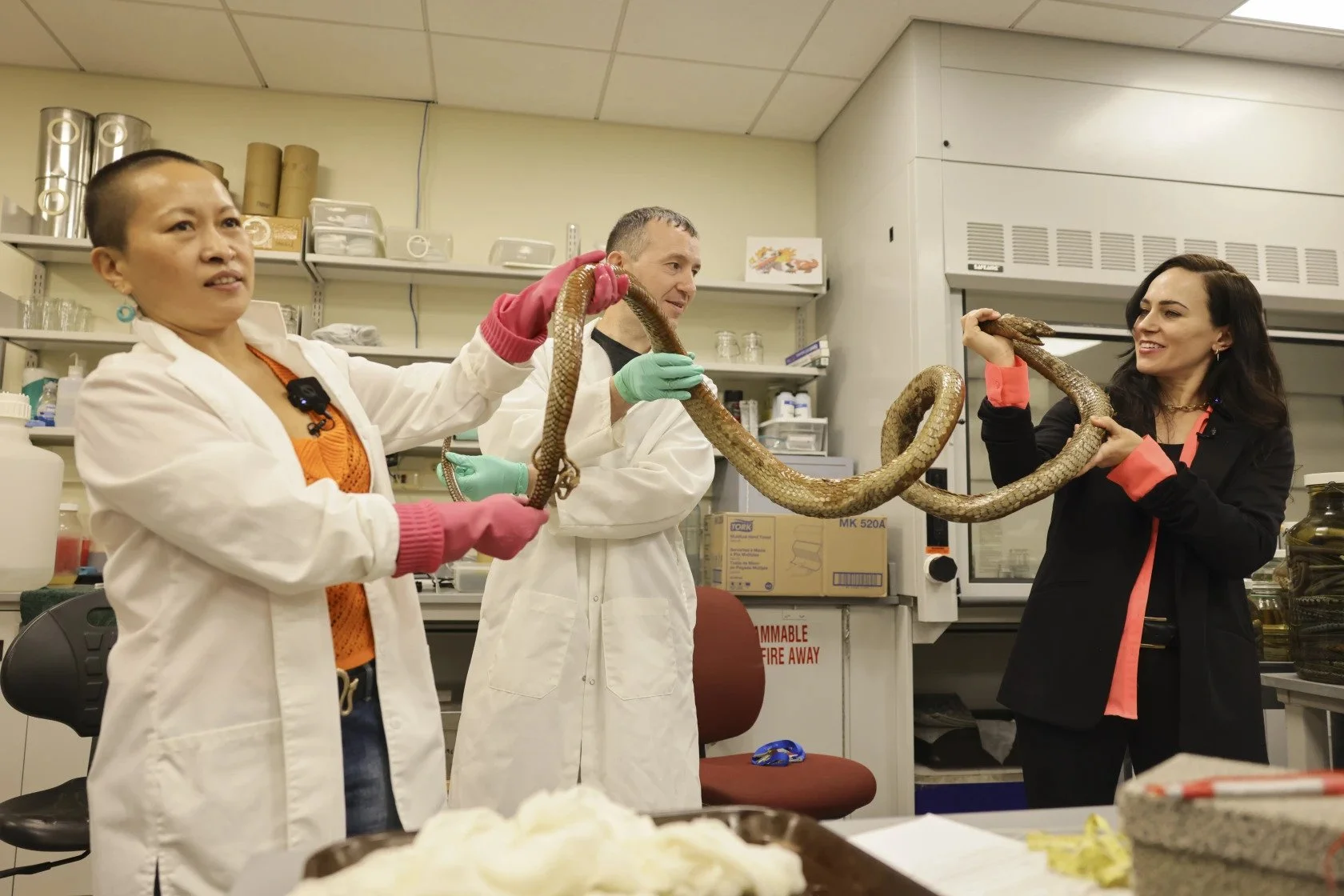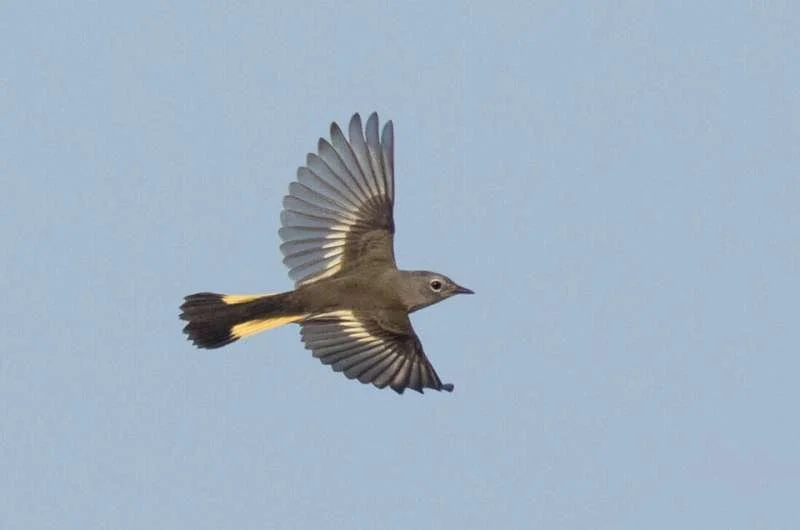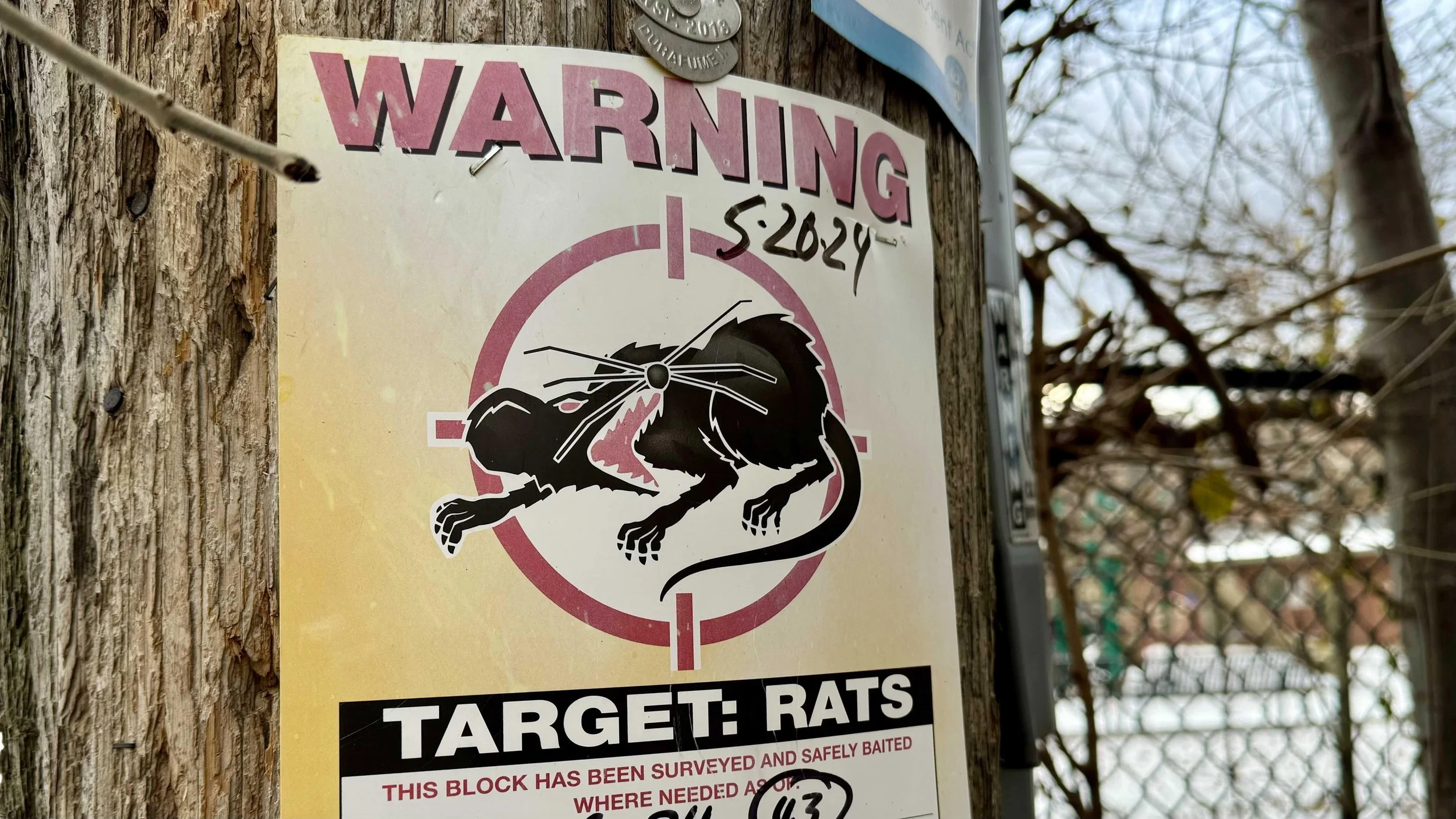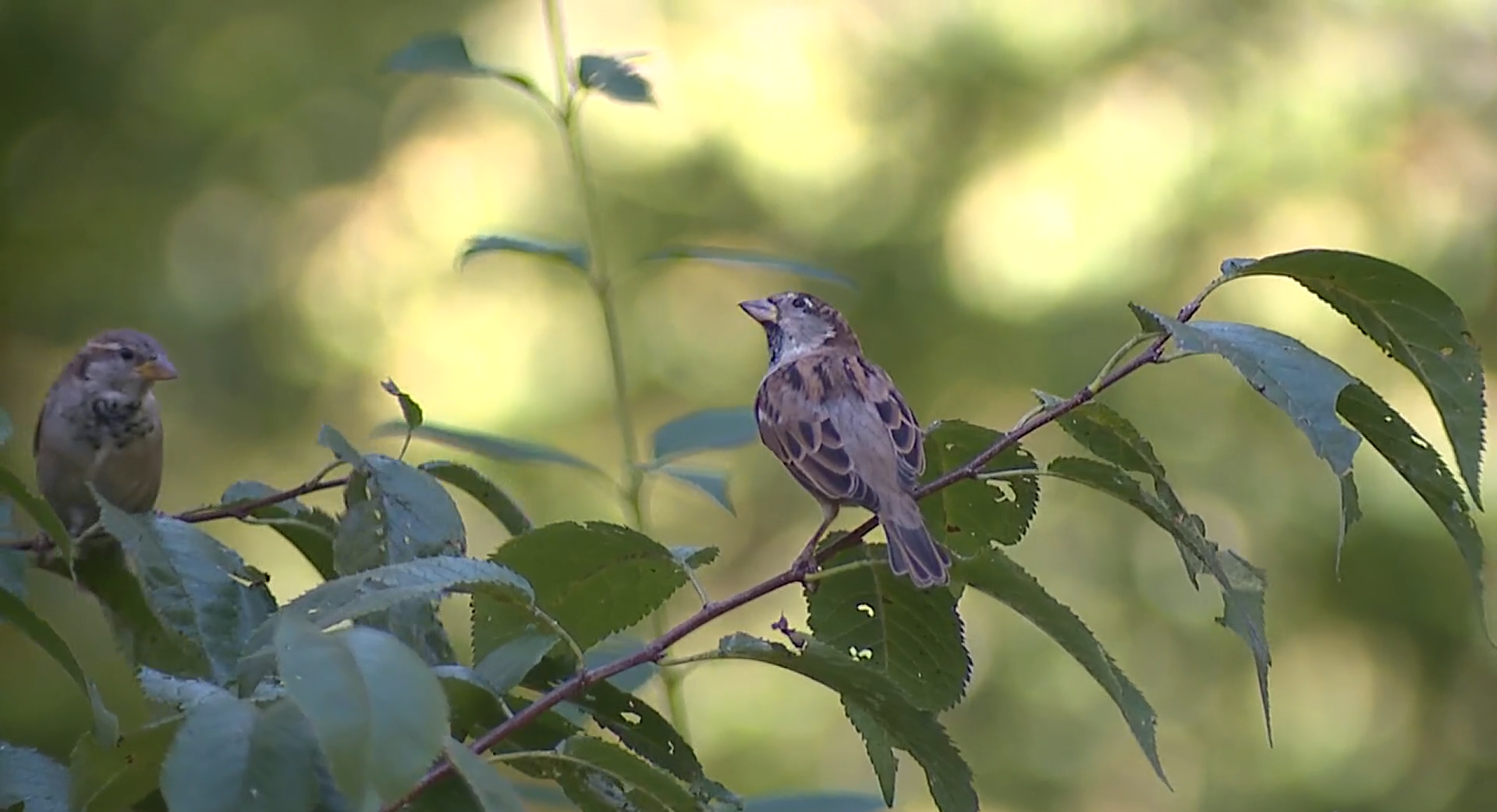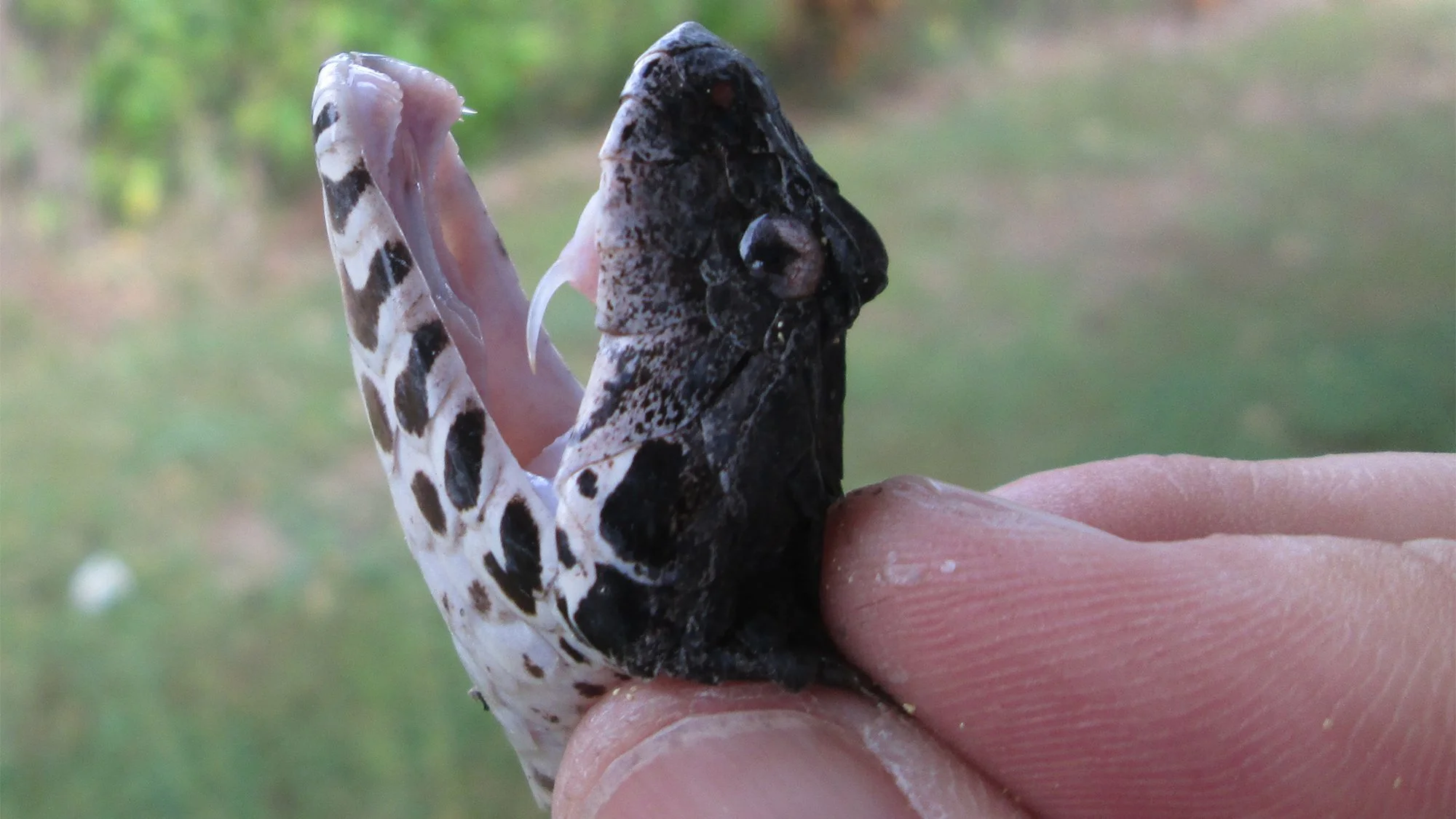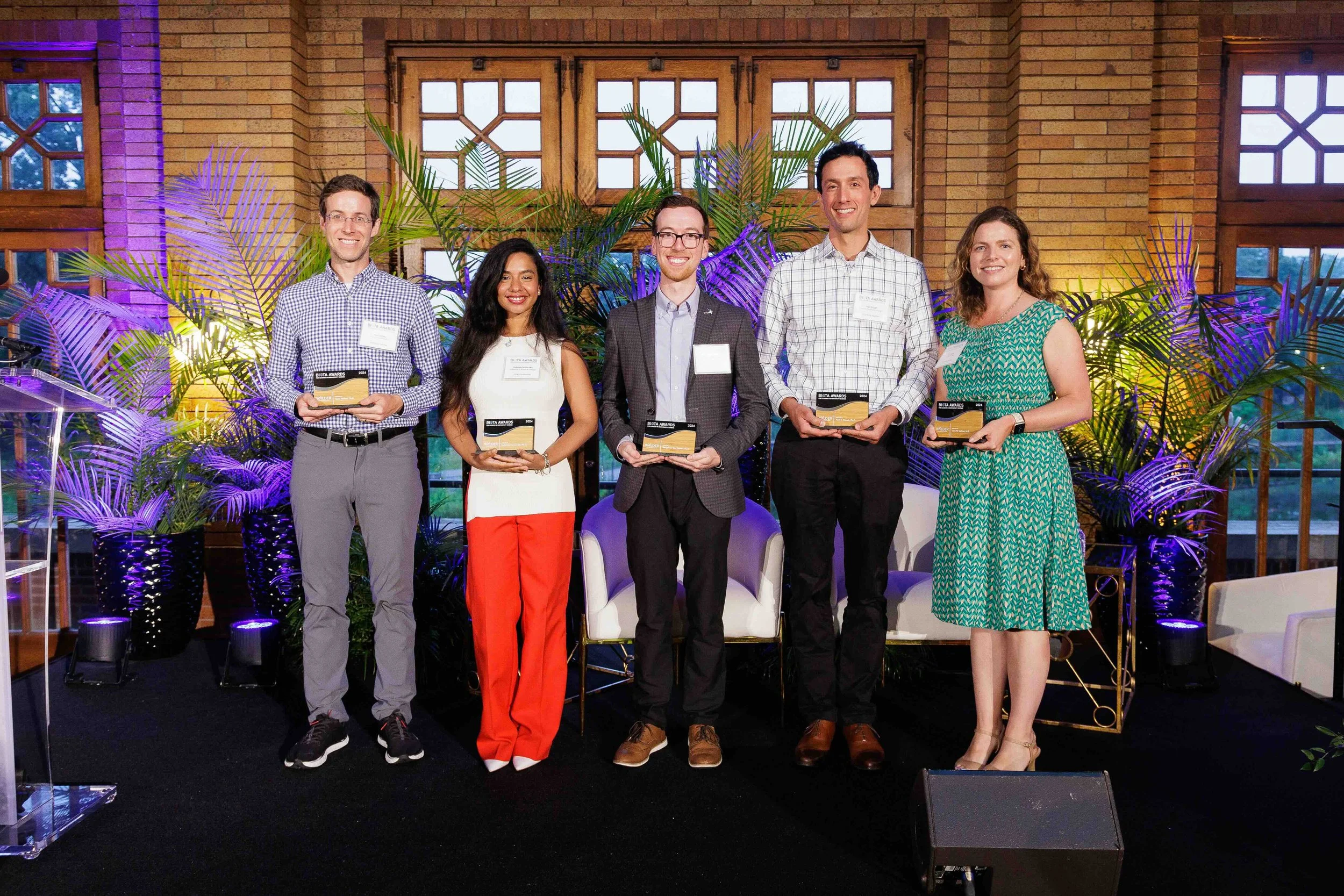For Leaders in
Biodiversity Science
The Biota Awards funds early-career researchers who seek to restore, protect, and conserve biodiversity in the Chicago region and around the world.
About the Biota Awards
The Biota Awards, a program of Walder Foundation, provides funding to outstanding early-career researchers based in Chicago who seek to protect, understand, and restore biodiversity locally and around the world using research outcomes to inform conservation action and deliver on-the-ground results.

-
![]()
Meet the 2025 Biota Awardees
In 2025, for the first time, the Biota Awards are exclusively focused on providing support for postdocs. Each Biota Award recipient will receive funding over two years to address key conservation challenges across a variety of different landscapes in the Chicago region and beyond.
-
Meet the 2024 Biota Awardees
The 2024 Biota Awardees are addressing key conservation challenges across a variety of different landscapes in the Chicago region and beyond. From tackling invasive species, to protecting threatened species, and improving the urban environment for nature, these projects will help ensure that people and nature can thrive together.
-
![]()
Meet the 2023 Biota Awardees
In 2023, the Biota Awards expanded its funding to researchers based anywhere in Illinois, with a meaningful connection to Chicago. This connection might be through the work itself, or in how it engages Chicago region communities, or in how it elevates Chicago’s contributions to tackling the global biodiversity crisis.
-
![]()
Meet the 2022 Biota Awardees
Walder Foundation announced the inaugural cohort of Biota Award recipients in 2022. From microbes to mammals, and plants to people, this research covers a range of broader impacts, from education, land management, and policy to social science, technology, and conservation.
Featured News
A world-renowned museum curator gets bitten by a snake he's trying to identify. He does not seek medical treatment. He goes home and documents his symptoms hour by hour in a journal, including all the explicit details. Sara Ruane said Schmidt deserves to be remembered for more than just the salacious story of his death and the graphic diary he kept of his last several hours.
Something remarkable is happening with the little brown lizards that have taken over the urban landscape of New Orleans. They’re living – and even thriving – with levels of lead in their blood that scientists say should be lethal to creatures that are far bigger, both two- and four-legged.
Walder Foundation has opened the 2026 Biota Awards, a program to fund early-career researchers based in Illinois who seek to restore, protect, and conserve biodiversity locally and around the world.
Block Club Chicago features Sara Ruane, Ph.D., in an article about Field Museum’s new exhibit, “Reptiles Alive!”.
Trinity Conn’s project to focus on leveraging genomics to restore climate-resilient reefs.
Reptiles Alive! — a captivating exhibition offering an insightful look at the rich evolution and adaptability of reptiles.
Explore the fascinating world of live reptiles at The Field Museum’s The “Reptiles Alive” exhibit with Sara Ruane, covered by WGN-TV.
Six postdoctoral scientists will advance research to protect and increase biodiversity in Chicago and beyond.
The EPA estimates that lawn irrigation accounts for one third of all residential water use in the U.S. Learn more about alternative lawn care options from 2022 Biota Awardee Rebecca (Becky) Barak.
The author was delighted when the wood-chomping rodents surfaced at the harbor. Then one turned up dead.
Fox pup season on Prince Edward Island can be an exciting time to observe the young animals, but it's important not to get too close while doing so, a wildlife expert says.
Discover how learning more about how bats harbor viruses and infections without becoming ill could help keep humans healthy, too.
CHICAGO (WLS) -- Thousands of birds are making a crucial migration through the Chicago area. We are right in the middle of a peak migration season, and homeowners are being urged to take steps to protect those birds
The latest tactic in Chicago’s ongoing war against rats is to attack the problem at the source — with birth control instead of poison.
The Great Lakes region plays a vital role in bird migration, lying at the intersection of two migratory flyways, with around 350 species passing through each spring like songbirds, waterfowl, raptors, marsh birds and shorebirds.
2024 Biota Awardee Benjamin Van Doren’s research on migratory birds has been featured in the Chicago Park District’s annual report.
Communication is key to survival in the animal kingdom. From alarm calls to mating signals, animals rely on vocalizations and body language to interact with one another. But can they learn and interpret the communication of entirely different species?
While Groundhog Day remains a fun tradition, meteorologists rely on data and computer models for more accurate forecasts. This year, the National Weather Service said it’s a toss-up whether Illinois will see an early spring.
“There’s just a lot we don’t know, and this is sort of the first step in getting a better grasp on what this biodiversity really means,” said Sara Ruane, associate curator of reptiles and amphibians at the Field Museum.
New research shows songbird migration may be driven by more than innate patterns and memory. Recorded flight calls reveal probable social associations between species making the nighttime trek.
Rats normally make an excellent meal for owls, hawks, eagles and other birds of prey. But too often in cities like Chicago, the rodents are laced with poisons known as anticoagulant rodenticides.
Loyola University Chicago shares more about faculty member Yoel E. Stuart’s receipt of a Biota Award in 2023.
Van Doren Lab of Migration Biology has received a $300,000 grant from the Walder Foundation in support of research on bird migration through Chicago.
DePaul University shares on how Noé de la Sancha takes a global view on the lives of tiny creatures.
University of Illinois Chicago’s Gabriela Nuñez-Mir receives award to fund invasive plant research.
Invasive plants can dramatically change an ecosystem, outcompeting native species and harming animal life, agriculture and human health. Now, a new study led by University of Illinois Chicago researcher Gabriela Nunez-Mir finds that these negative effects reach underground, too.
ROCK ISLAND, Ill. — The Centennial Bridge will be a little darker than usual on Thursday night.
While only about 10 percent of the roughly 4,000 known snake species have venom that can harm a human, using genetics to determine which snakes could be deadly could speed up developing better treatments for bites.
CHICAGO, IL – May 7, 2024–Today, the Walder Foundation announced five 2024 Biota Award recipients. Now in its third year, the Biota Awards continue to advance early-career researchers who are working to understand, protect, and restore the unique and diverse ecosystems in Chicago and around the world.


